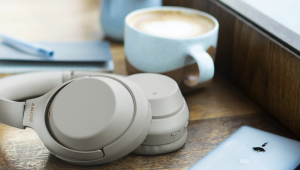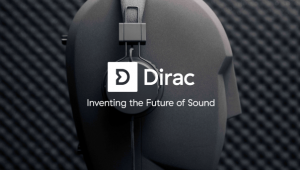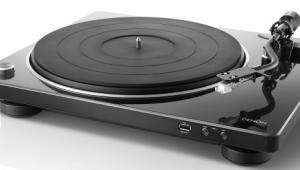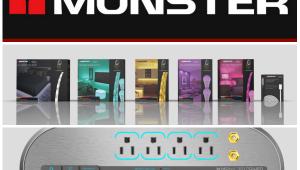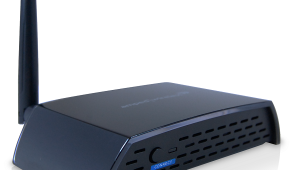I KNOW that high-resolution audio sounds better! I have several albums in 24 bit/96Khz from HDTracks. I have HEARD the difference and KNOW it's significant! And yet...I must confess...both the cost and the hassle of managing my own music library are keeping me from listening. I subscribe to Google Play Music All Access (most cumbersome name ever in the history of streaming services!). Listening to music means I pick up my phone, launch the app, select what I want to listen to, and hit the "cast" button, which has the music playing back on my Chromecast on my TV, from my TV optical out to my DAC and then to my Hi-Fi. You know what? It sounds pretty damn good...especially for MP3. Even better when you consider that I pay just $7.99/mo.
I am interested in services like Tidal...which promise high quality streaming...but ONLY if they offer 24bit/96Khz tracks...right now they are focusing on uncompressed CD quality sound. For $20/mo, I expect better than CD quality.
Eventually though, SOMEONE will offer "Better than CD" quality streaming, and when they do, I will be all over it!







